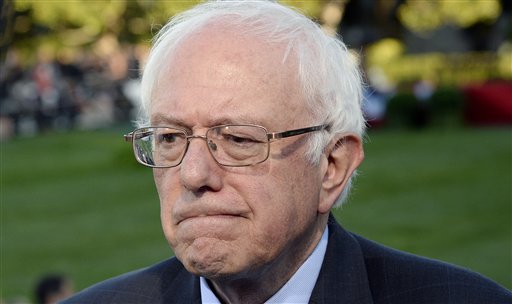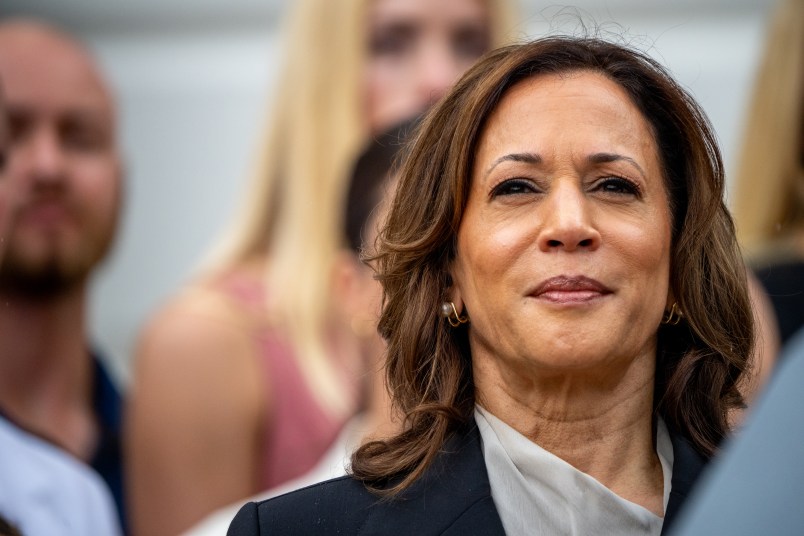Bernie Sanders may win California today, but whether or not he does, he won’t have enough delegates to deny the nomination to Hillary Clinton. But Sanders says he is going to carry the fight to the convention, and his campaign talks of prying loose super-delegates and waging platform battles. I voted for Sanders in the primary, so perhaps I can offer advice that rises above the partisan clamor: drop out of the race, give Clinton your full support, and train your sights on Donald Trump, who thinks a judge whose parents were from Mexico, and who was born in Indiana, is not an American.
Sanders had a commendable political agenda, and he can return to it with some authority after November if Clinton wins and he becomes the Budget Chair. But a convention
battle over delegates and platform won’t help him or her. The clearest precedents are 1976 and 1980. In 1976, Ronald Reagan took the nomination with Gerald Ford to the convention in Kansas City; and in 1980 Ted Kennedy battled Jimmy Carter at the Democratic convention in New York. Ford lost in November, and so did Carter. They might well have lost anyway, but the convention battles certainly did not help their campaigns.
I was at the 1980 convention. Kennedy dominated it. Kennedy had staged a late comeback in the primaries and had won California and New Jersey, but Carter had won the majority of delegates. At the convention, Kennedy tried to get the Rules Committee to allow delegates to repudiate their own voters on the first ballot. He predictably failed. Then Kennedy’s supporters staged a 17-hour marathon battle over the platform, winning support for federal funding for abortions and $12 billion in jobs spending. Then after Carter gave his acceptance speech, Kennedy snubbed him on the stage. What did it accomplish? Well, Carter came out of the convention with less of a bounce than he might have, and after he lost the election to Ronald Reagan, the platform planks for which Kennedy’s supporters fought—and which I had to explore the internet to recall — became footnotes in a doctoral thesis on party conventions.
Fractious conventions can definitely hurt a nominee. I certainly can’t think of an example where a bitter convention battle helped the nominee. And a well-run convention that puts the candidate forward and gets the campaign’s message across can help. Think of Ronald Reagan in 1980, Bill Clinton in 1992, George W. Bush in 2000, and Barack Obama (thanks to Hillary Clinton’s concession after the primaries) in 2008. After the results come in tonight, the Sanders’ campaign can rejoice in whatever success the candidate achieves. But then it will be time to move off the stage and move on.








